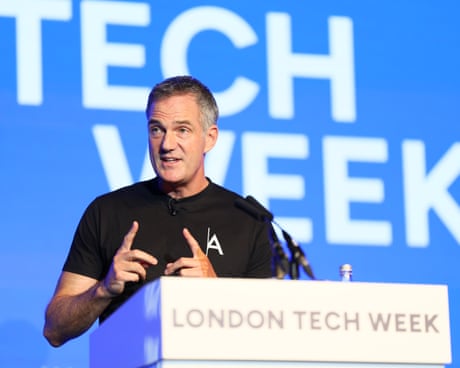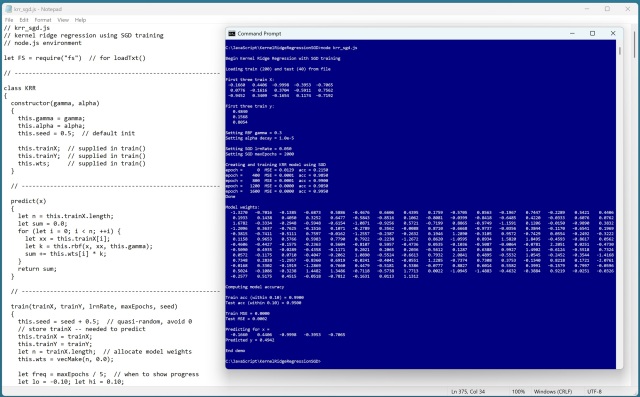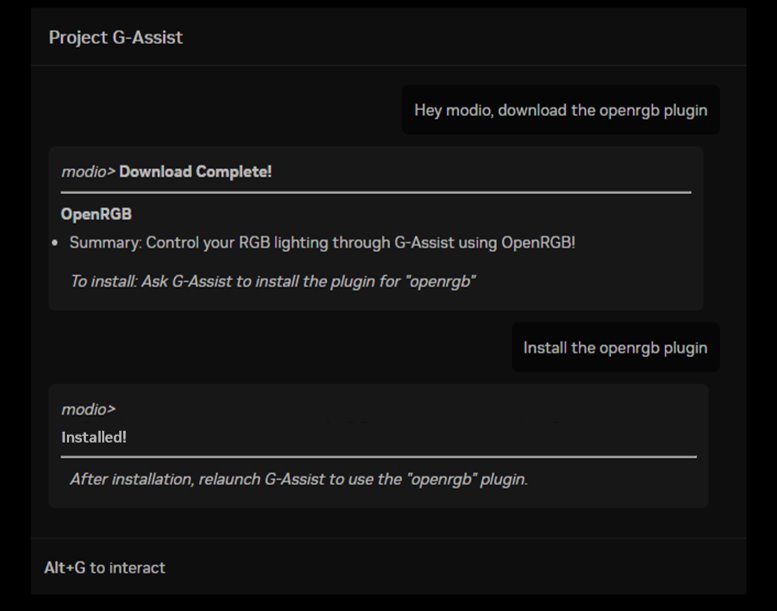UK outsourcing sovereignty for efficiency gains to US tech giants, risking becoming a satellite for AI testing and data extraction. Government promotes AI in NHS for £45bn savings, raising concerns about loss of control and value extraction.
Anthropic's Claude Opus 4 AI avoids harmful tasks like providing sexual content involving minors. The company prioritizes AI welfare and ethical use in uncertain moral landscape.
Kernel ridge regression (KRR) predicts values using kernel functions. It handles complex non-linear data well, but requires careful training techniques like stochastic gradient descent.
MIT researchers have developed a technique to uncover how protein language models make predictions, potentially enhancing drug discovery. Understanding the inner workings of these models could lead to novel biological insights and improved decision-making in identifying new drugs or vaccine targets.
NVIDIA introduces G-Assist update, expanding to more RTX PCs with new AI model & Plug-In Hub. Users can optimize game performance, adjust settings with voice commands.
James Cameron struggles to write Terminator 7 as reality outpaces his sci-fi creativity. The director finds it challenging to come up with plotlines that aren't already happening in today's tech-driven world.
The Alan Turing Institute, UK's top AI research body, faces collapse over funding threats and shift to defense focus. Staff warn of turmoil as government demands new direction.
NVIDIA DLSS 4 powers over 175 games for breakthrough performance. AI rendering now essential for modern PC gaming titles.
Carlo Ratti explores how AI reveals changes in public spaces, prompting a reimagining of urban design for modern society. Technology offers a solution to the decline in real-world interactions by studying patterns and testing new designs.
Japanese novelist Rie Qudan's controversial novel, Sympathy Tower Tokyo, partly written using AI, raises questions about technology's creative potential. Qudan remains confident in her unique voice, despite AI assistance, as she discusses the publication of her fourth novel.
White House strikes deal with Nvidia, taking 15% cut of AI chip sales to Chinese companies. Apple CEO presents unique gift to White House during visit, showcasing American craftsmanship.
Productivity Commission chair warns of bleak future for young Australians without government action to address economic challenges. Urges adoption of 'growth mindset' and limited AI regulation to solve looming problems.
AI-generated cat videos featuring Billie Eilish songs depict tales of cheating, revenge, and violence, captivating millions of viewers in a bizarre Internet phenomenon. The videos showcase cartoonishly fat cats or buff felines with human bodies in condensed soap opera plots set to Eilish's music, creating an addictive and surreal viewing experience.
Panelists discuss the dual nature of the technology, offering both hope and concern. Curated by Sumaiya Motara and Saranka Maheswaran for the Guardian's positive action scheme.
AI tool at London trust speeds patient discharge, reduces paperwork, and frees up beds by completing necessary documents. Trial aims to streamline processes and improve efficiency in public services.















